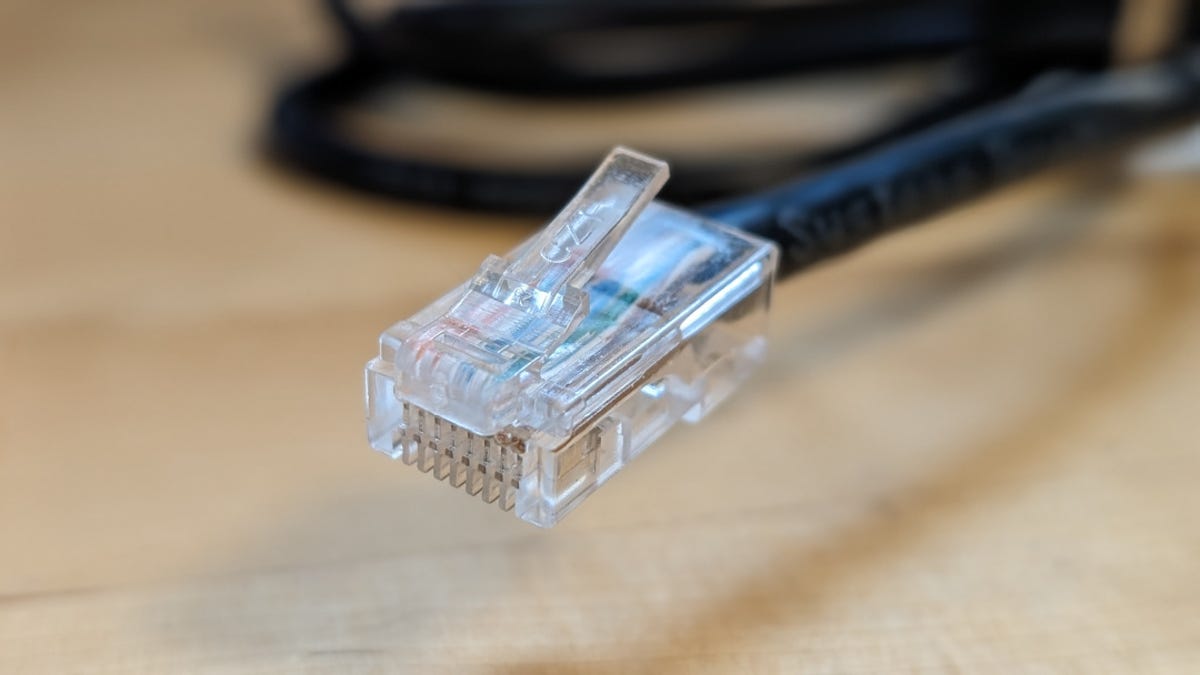
In the modern digital age where personal privacy and security are paramount, the knowledge of navigating and manipulating IP addresses has become increasingly important. An IP address, which stands for Internet Protocol address, acts as a unique identifier for each device on a network, including the vast network of the internet. This identity, however, can sometimes be a double-edged sword. On one hand, it enables devices to communicate with each other; on the other hand, it can be a tool for “evildoers” and third parties to track users’ online activities or even breach their privacy.
Understanding the distinction between internal and external IP addresses is fundamental. When it comes to the home network, the external IP address is what connects the user to the wider world of the internet. This is the address assigned by the internet service provider to the user’s modem or router, visible through platforms like WhatIsMyIPAddress.com. Although many might not realize, this external address is not permanently fixed and can be altered to enhance privacy or security.
On the flip side, internal IP addresses are those assigned within the local network to various devices such as desktops, laptops, smartphones, and even smart appliances. These addresses can be manually configured, allowing for better management and organization within the network, especially for those requiring consistent access to particular devices. Despite this, tinkering with internal IP settings is not without its hazards. Incorrect configuration can lead to IP address conflicts, potentially causing devices to lose internet connectivity or network slowdowns.
For the everyday user seeking to conceal their external IP address for increased privacy and security, there are several straightforward methods available. Utilizing a Virtual Private Network (VPN) is perhaps the most accessible option. Modern VPN services not only mask the external IP address but also encrypt internet traffic, providing a robust layer of security and anonymity. Some of the most renowned VPN services include NordVPN, ExpressVPN, Surfshark VPN, Private Internet Access, and Proton VPN. Each offers different features and pricing plans tailored to diverse needs and platforms.
Alternatively, users may opt for the Tor Browser, a free and heavily secure web browser designed to protect users’ anonymity and privacy online. While it effectively hides the user’s IP address and encrypts traffic, it’s important to note that Tor only secures browser traffic. For those requiring more comprehensive coverage across all internet-connected services, a VPN remains the preferred choice.
Lastly, while proxy servers offer another means to mask the external IP address, they tend to be more complex to set up and manage. This option might suit users with specific network requirements but is generally not recommended for the average user due to its potential for causing more issues than it resolves.
Understanding and managing one’s IP addresses, internal and external, is crucial in the contemporary digital environment. These practices empower users to take control of their own online privacy and security. Whether opting for the simplicity of a VPN, the focused protection of the Tor Browser, or navigating the complexities of a proxy server, there are options available to suit the needs and technical capabilities of nearly any user.
Source

/cdn.vox-cdn.com/uploads/chorus_asset/file/23905457/DSCF8502.jpg)






